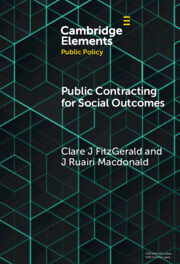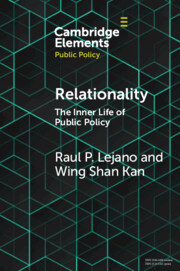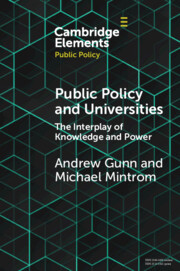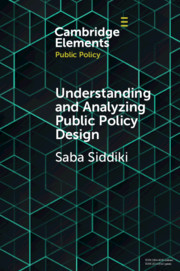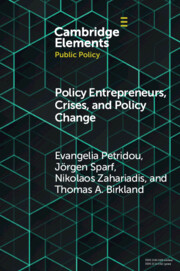Public Contracting for Social Outcomes
Governments all over the world have transitioned away from directly providing public services to contracting and collaborating with cross-sectoral networks to deliver services on their behalf. Governments have thus pursued an array of policy instruments to improve interorganizational progress towards policy goals. In recent years, outcomes-based contracting has emerged as a compelling solution to service quality shortcomings and collective action challenges. Informed by public policy, public administration, and public procurement scholarship, this Element details the evolution of social outcomes in public contracting, exploring the relationship between how outcomes are specified and managed and how well such instruments deliver against policy goals. It comments on the possible drawbacks of contracting for social outcomes, highlighting how governments may use outcomes as an excuse to avoid actively managing contracts or to sidestep their accountability as outlined in public law. This title is also available as Open Access on Cambridge Core.
Product details
December 2024Adobe eBook Reader
9781108957366
0 pages
This ISBN is for an eBook version which is distributed on our behalf by a third party.
Table of Contents
- 1. Introduction
- 2. The evolution of public contracting
- 3. Public procurement
- 4. Outcomes-based contracting
- 5. Conclusion
- Acknowledgements
- References.

